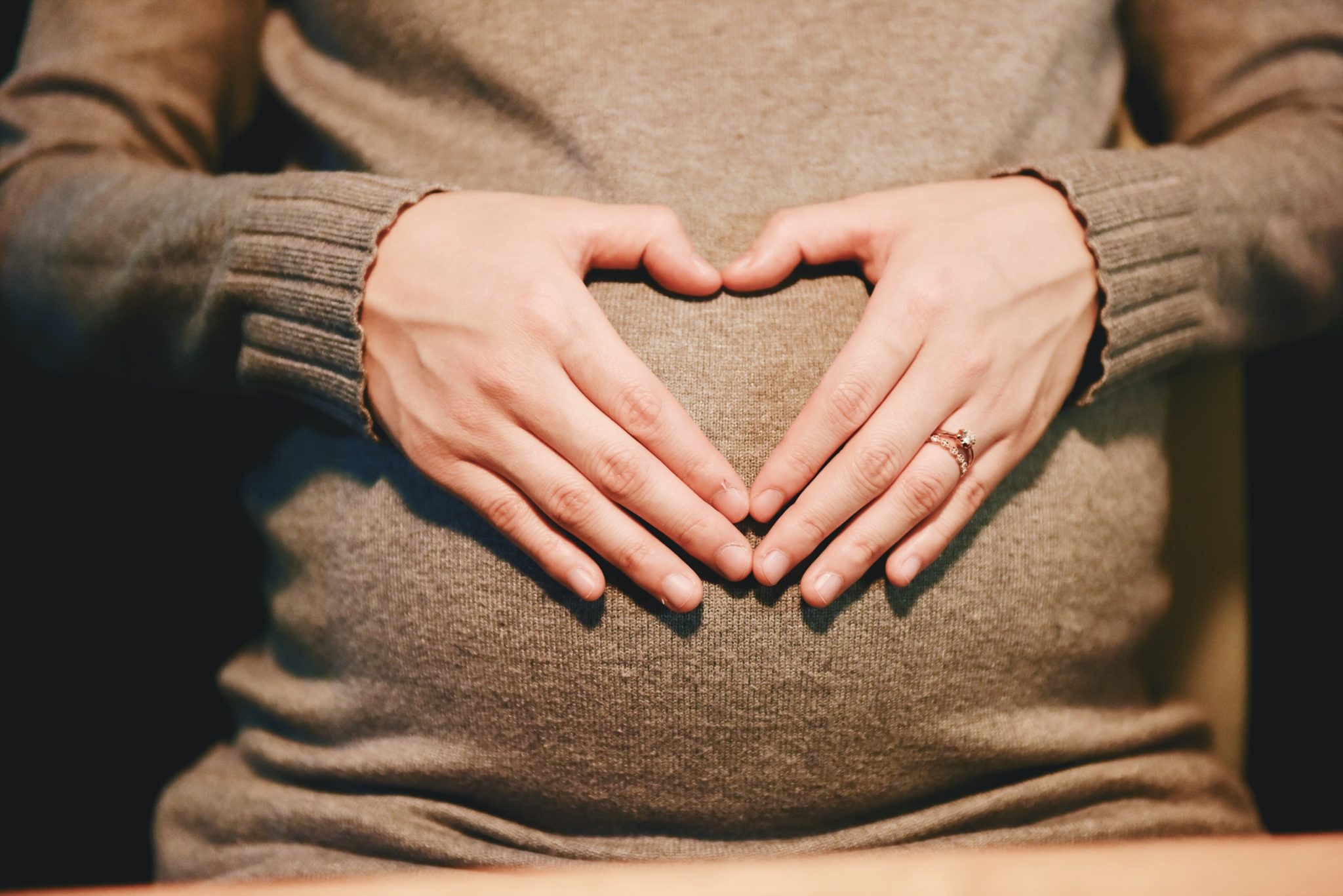During the first trimester of pregnancy a series of non-invasive tests are done. These tests involve an ultrasound scan and blood tests (PAPP-A and free βhCG). One of the things that is screened for is a chromosomal abnormality called Trisomy-18.

What is Trisomy-18?
Trisomy-18 is caused by an error in the division of cells, this is results in an extra chromosome 18 in the developing baby. This disrupts the normal pattern of development and can be life threatening for the unborn baby.
When an embryo is formed each baby gets 23 chromosomes from the mother’s egg and 23 from the father’s sperm. If the mother’s eggs or the father’s sperm contain the incorrect number of chromosomes, they pass this on to the baby. This results in the wrong number of chromosomes being passed on to the baby.
A trisomy-18 baby has 3 copies of chromosome 18, this results in the baby’s organs developing abnormally.
How is Trisomy-18 diagnosed?
The first trimester tests include an ultrasound and blood tests from the mother. The results of this test will determine the risk factor. If the mother is at high risk, it does not mean that their baby does have any abnormalities. It simply means they need to potentially have further tests done.
What are the symptoms of a Trisomy-18 baby?
Babies that are born with this condition are often very small and frail and have serious health and physical defects. Some of these include:
- Cleft palate
- Deformed Feet
- Defective lungs, kidneys, intestines.
- Low seat ears
- Small head.
There is unfortunately no way to prevent Trisomy-18 and no cure. Having the screenings done for this abnormality, however, allows the parents to make an informed decision about the next step of their pregnancy journey. It is important to remember that the initial tests are screening tests and not definitive diagnoses. Results of any screenings and tests must be discussed thoroughly with your health care practitioner.
If you are concerned about anything during your pregnancy please contact your health care provider. This post was approved by a health care professional but does not take the place of a diagnosis.
Disclaimer: This is a sponsored post.
If you enjoyed this post please share with your friends! You can also find me on Twitter, Facebook, Instagram, Pinterest and Snapchat (harassedmom) and don’t forget to subscribe to my weekly newsletter.









3 Responses
This is such a great piece, I wasn’t aware of a lot of those things about Trisomy-18. I knew it was screened for, but to be honest hadn’t really looked much into it. This will be a great resource for lots of mums and dads to be. Thanks for linking up to #HappyNewMum
Awareness and knowledge is power! Great and informative post! TY! #happynewmum xoxo
Our little boy was born with full trisomy 18 – and he was with us for a little over four years.
Lior-mylight.;logspot.com – his name means “my light: and he definitely was our little shining light